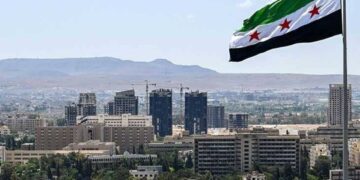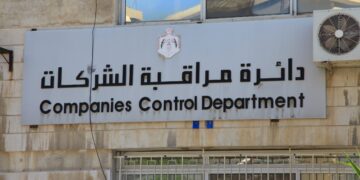The Ministry of Transport of the State of Qatar has launched the “Qatar Public Transport Master Plan (QPTMP),” aimed at developing a modern, integrated, and sustainable public transport system that meets the country’s rapid urban growth and future population needs—aligned with environmental standards and the sustainability goals of Qatar National Vision 2030.
In an official statement, the Ministry emphasized that the new plan seeks to improve access to public transportation, expand the geographic coverage of services, and enhance the reliability and efficiency of existing networks. The plan will employ innovative transport solutions based on the latest technological developments.
The initiative goes beyond traditional transport planning: its focus lies in developing new strategies to address growing challenges such as the high dependency on private vehicles, increasing traffic congestion, and the environmental impact of rising CO₂ emissions.
In this context, the Ministry will conduct field studies to analyze the current traffic situation in the country—both in the private and public transport sectors. It will also measure CO₂ emission rates and assess their effects on air quality and climate in Qatar. These studies will be based on accurate data, which will contribute to developing practical and effective solutions to improve the transport system.
One of the top priorities of the new plan is the transition to electric and environmentally friendly modes of transportation. The Ministry intends to expand the use of electric buses and build sustainable infrastructure to support them. These efforts are part of the broader goal to reduce the carbon footprint and achieve ecological balance—an essential component of the “Environmental Development” pillar of Qatar Vision 2030.
The plan will serve as a central tool for decision-makers, developers, investors, and consultants by providing actionable frameworks for the planning, design, implementation, and operational phases of public transportation. It also includes a set of new strategies, regulations, and guidelines tailored to upcoming challenges, supported by a continuous monitoring and evaluation system.
From April to August 2025, the Ministry will conduct extensive on-site surveys—including in metro, tram, and bus stations, public markets, and shopping centers—to gather public opinions and preferences regarding public transport. The Ministry emphasized that public participation is a key factor for the success of the project and called on citizens and residents to actively participate in the surveys and contribute to the development of the transport system.
The Ministry clarified that all collected data will be treated with strict confidentiality and used exclusively for research and development purposes. The data will form an accurate database to improve the quality of planning and decision-making.
The plan is expected to have long-term positive impacts—not only in improving transportation but also in supporting the national economy, promoting social equity in mobility, encouraging a healthy lifestyle, and reducing the environmental consequences of urban growth. Moreover, it will highlight Qatar’s leadership in implementing intelligent and sustainable transport solutions that address global challenges.







